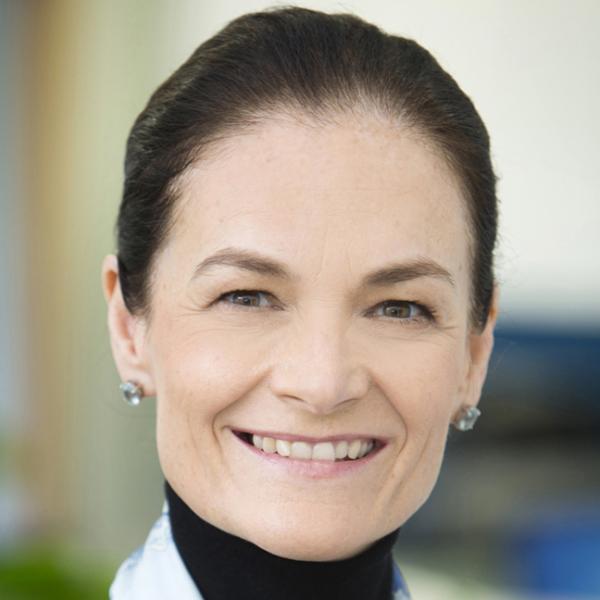DOWNLOAD REPORT
The prevalence of mild cognitive impairment (MCI) and dementia is increasing as advancements in medicine, public health, and living standards extend human lifespans. Approximately 12–18 percent of Americans aged 60 and older have MCI, and nearly 7 million older adults (aged 65 and older) currently live with Alzheimer’s disease (AD). By 2060, dementia is expected to affect one in five older adults, significantly increasing the already substantial impact of dementia care, currently costing $360 billion annually, excluding the considerable contributions of unpaid caregivers.
In response to this rapidly advancing field, the Milken Institute Alliance to Improve Dementia Care (the “Alliance”) presents an updated report to discuss new insights to overcome persistent barriers, identify scalable solutions, showcase case studies, and highlight innovations to enhance the early detection of MCI and dementia. Developed with input from Alliance members, expert interviews, insights from a multisector roundtable, and extensive research, the report outlines five recommendations centered around two themes: (1) improving primary care capacity and workflows and (2) expanding detection efforts beyond primary care.
Recommendations include normalizing brain health discussions, standardizing and integrating assessment tools, creating reimbursement incentives for cognitive testing, training primary and specialty care providers, and leveraging community-based settings to broaden detection efforts. Together, these strategies aim to drive progress in early dementia detection across healthcare and community settings.















